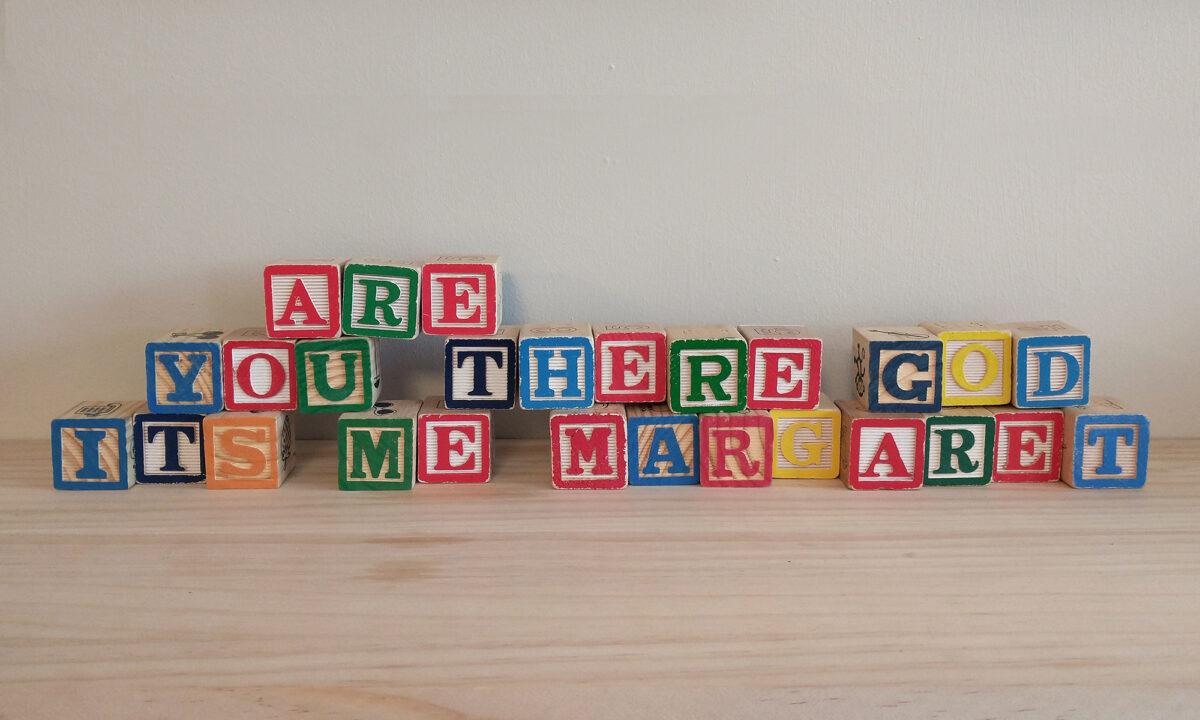It’s time to talk about everyone’s favorite controversial novel about the utter awkwardness of puberty. Are You There, God? It’s Me, Margaret by Judy Blume is a book that is rarely read as a part of school curriculum but has been quietly circulated in school libraries for more than 50 years. It’s getting a big screen release in just a few weeks, so let’s all rip open painful memories of our pre-teen years as we revisit the tale of Margaret Simon and her adolescent angst.

Activity: Journal Like Margaret
One of the things that makes Are You There, God? It’s Me, Margaret so relatable is the extremely direct way she talks about the things that are on her mind. Encourage students to write out the things that they are currently worrying about, being as honest as possible. However, it is very important that this assignment remain optional. Students should be allowed to destroy what they write, keep it private, or share it with whomever they wish depending entirely on personal preferences. The point of the exercise is to encourage students to engage directly with their feelings and concerns, not to feel that those thoughts must be composed with some external audience in mind.
Activity: Let’s Talk Angst
If appropriate for the students and setting, have a discussion about why it’s so hard to talk about anything involving sex, puberty, and bodies. You can completely avoid direct discussion of these topics, keeping the focus on the anxiety, shame, and awkwardness everyone feels around them. It can help pre-teens feel a lot better about themselves if they know how common these uncomfortable feelings are, and students can be encouraged to be more sympathetic toward one another as they all move through a difficult time of life.




